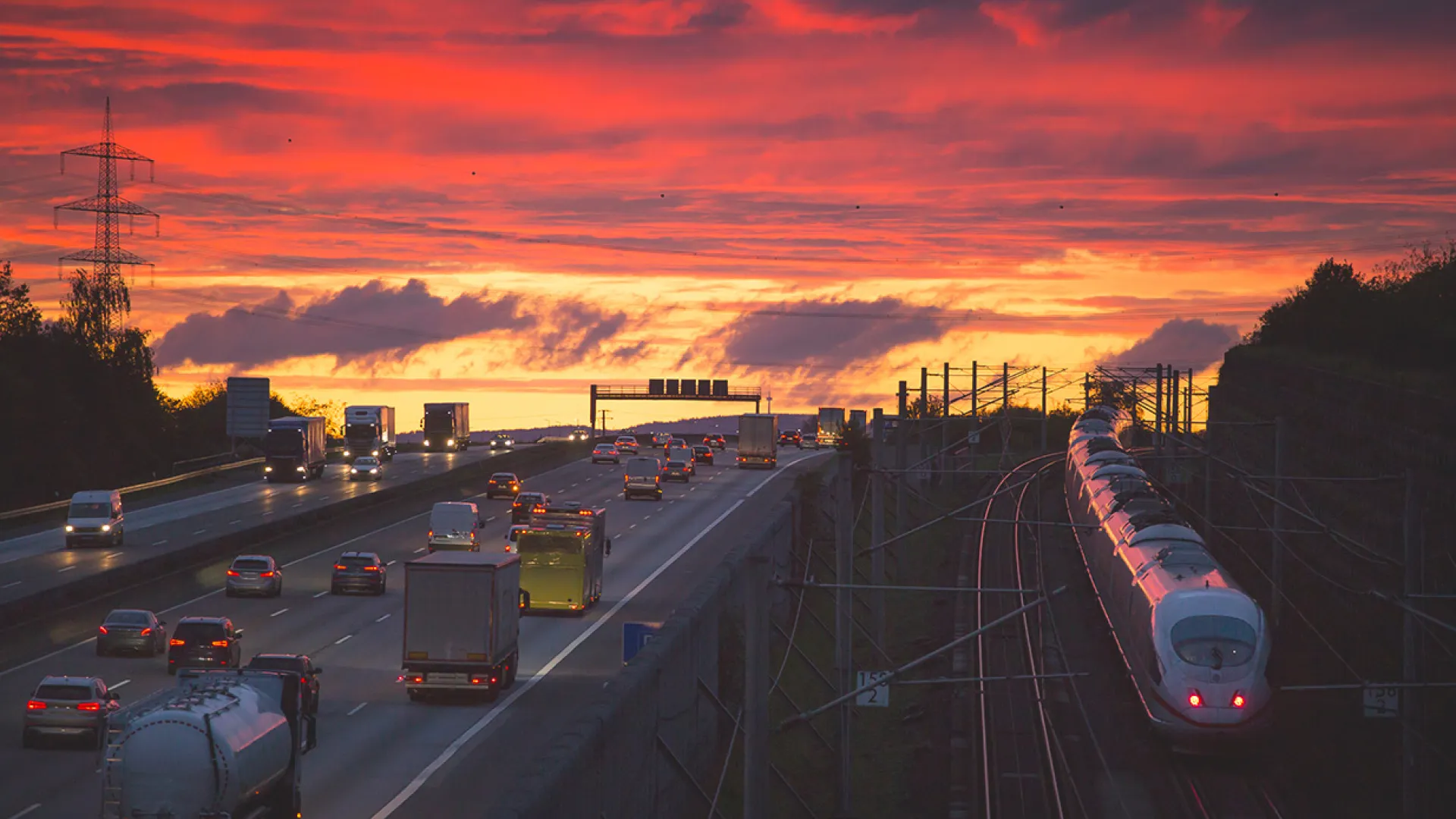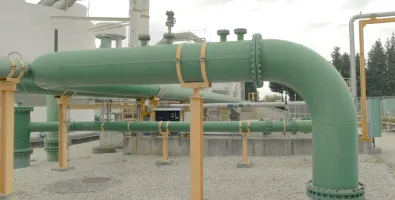
Transportation is ready for the hydrogen revolution
In addition to the many advantages that hydrogen offers to the industry, and energy production and profitability, transportation also should have a role to play. H2 will be one of the main "engines" of the future, mainly for the segments most dependent on fossil fuels:
Aviation, maritime transport, railway and long-distance road transportation. These are the puzzles of energy efficiency in terms of transportation, and it is in these four segments that one of the greatest hopes for hydrogen lies. "It is appropriate for these difficult cases of mobility, either directly or from derivatives", believes António Vidigal, from EDP Inovação, highlighting that in aviation "green synthetic fuels may become preponderant."
Pedro Valverde, manager of Cleaner Energy from the EDP group company, adds that with the battery technology that exists today, it is not possible to electrify this type of transportation, making the hydrogen solution even more important.
Portugal hosts H2 tests on trains
Espinho and Sernada do Vouga are separated by 61 km of a winding train line, which follows the route of the Vouga River. This section, connecting the two Aveiro towns, is what is left of a Portuguese regional network that once had 177 km. It has been losing extension and its future has been threatened in recent years, but the conversion of diesel engines into hydrogen can catapult this train to technological modernity.
Better known as "Vouguinha", this train is just one example of what hydrogen is expected to bring to the transportation sector worldwide. CP - Comboios de Portugal, which leads the H2Rail project, intends to make the first tests in 2023. And it is also involved in another initiative, the FCH2Rail, which aims to test hydrogen on cross-border lines with electric auto-motors. The idea is to use an hybrid system, with hydrogen cells to generate electricity wherever the train line is not electrified.
Attentive aviation and maritime transportation
In recent years, the focus on the promotion of electric vehicles has already led to a profound change in the way people view mobility, whether in terms of private and family vehicles or in shared driving. But in addition to the train - which might have in hydrogen a replacement solution where electricity is not enough - also in heavy road transportation, aviation and maritime navigation, H2 is the way.
"Mobility is one of the most polluting activities, so replacing fossil fuels with clean alternatives is essential," says António Vidigal. For the responsible, "the use of hydrogen is a hope in segments where the use of the electric vehicle is not the best solution, such as long-haul heavy road transportation, or vehicles that operate continuously".

In aviation, which represents millions of fuel liters spent each day, and the need for sufficient energy to travel thousands of kilometers, companies are also looking at hydrogen. "Take a look at the example of Airbus", recalls João Nicolau, Hydrogen projects head of EDP, "who recently presented three concepts of H2-powered aircrafts as solutions for commercial use by 2035".
And in maritime transportation, which at long distances gathers extremely heavy loads, there "are also several projects under development to use hydrogen as fuel".
Hydrogen in Europe 2050
The H2 revolution in Europe has in mobility and transportation one of its key elements, and expectations are high. Nuno Filipe, EDP NEW's project manager, highlights the Hydrogen Roadmap Europe strategy, which predicts that European roads and train lines will be very different in 2050, the year of carbon neutrality:
- 42 million hydrogen-powered cars
- 1.7 million trucks
- 500,000 buses
- 5,500 trains
This estimate also includes 52 million households with hydrogen heating systems and 5.4 million created jobs.
Nuno Filipe also points out that, in European terms, and according to estimates from the same document, H2 "could account for around 24% of total energy demand by 2050," and another study predicts a 16% hydrogen demand worldwide.
In light mobility and for domestic needs, João Nicolau sees electricity as a better solution, but believes that "competition between technologies is beneficial, as it promotes technological development and innovation".

And both H2 and electricity will need infrastructure and supply networks. "It is essential for the massive adoption of battery-powered and hydrogen-powered vehicles", says João Nicolau. Supply and demand must encourage each other, and in the future we will be able to have service stations with electricity charging and hydrogen supply, as we have diesel, petrol or LPG today. "In addition to the replacement of service stations, we will see changes in charging modes", he adds






